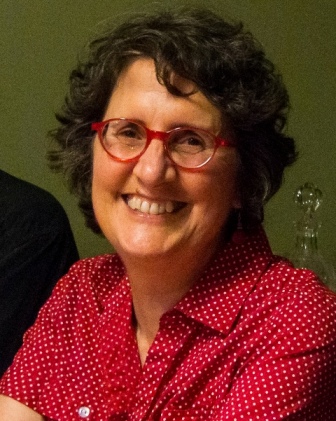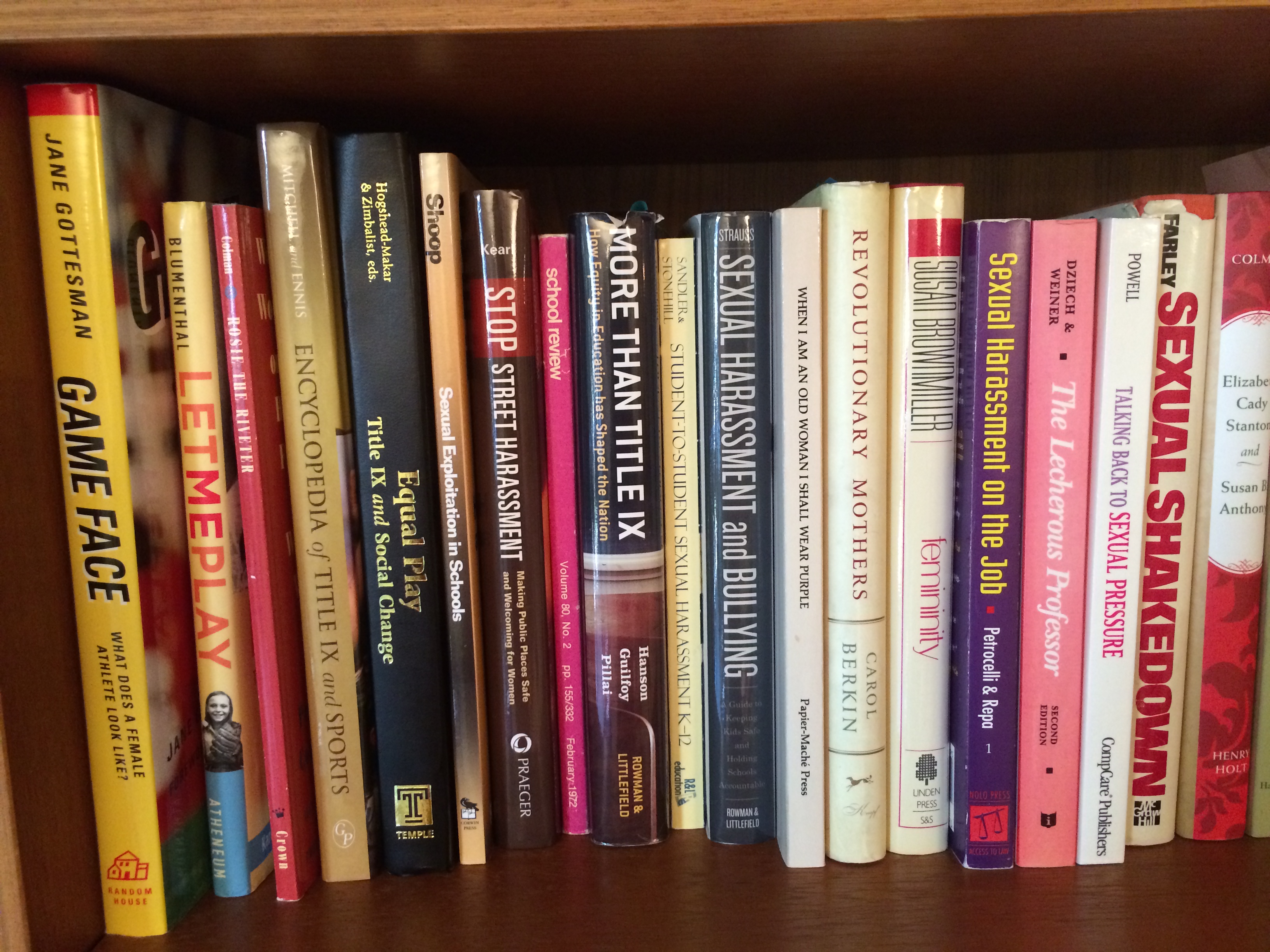National Lawyers Guild honors Title IX shero

Pamela Y. Price (photo courtesy Law Offices of Pamela Y. Price website)
Like many of today’s undergraduates who have spoken up about sexual assaults and harassment on college campuses, a sense of outrage drove Pamela Price to complain to Yale University officials after a male faculty member offered her an A grade in exchange for sex. Implying, of course, that he’d lower her grade if she didn’t submit.
Her final grade: C.
But that was in 1976, and the grade wasn’t the end of the story. Price and her allies filed the first legal complaint against sexual harassment under Title IX. Their years-long legal battle — known initially as Alexander v. Yale before the court reduced it to Price v. Yale — established for the first time that Title IX does, indeed, cover sexual harassment because “academic advancement conditioned upon submission to sexual demands constitutes sexual discrimination in education.” The many students who have filed similar complaints in ensuing decades owe her a debt of gratitude.
The National Lawyers Guild San Francisco Bay Area Chapter will honor Price on April 9, 2016 for her groundbreaking role in Title IX history and her subsequent distinguished career as a civil rights lawyer in Oakland, Calif. Price is one of two Justice Champions to be feted at the Guild’s Testimonial Dinner at Yerba Buena Center for the Arts in San Francisco.
Price was the only African American involved in the case at Yale. For her, the sexual discrimination went hand in hand with racial discrimination. “This grade is a concrete expression of his racist and sexist appraisal of me as a person — in my case the one attitude is inherently linked with the other,” she said in court filings that I read at the Schlesinger Library on the History of Women in America.

Yale’s Vanderbilt Hall (courtesy Wikimedia Commons/Nick Allen/Creative Commons Share Alike 3.0 Unported License)
The year after Price filed her complaint at Yale, the Yale Undergraduate Women’s Caucus began investigating sexual harassment on campus and invited her to join four other female undergraduates and one male faculty member in a lawsuit, Alexander v. Yale. “Title IX was enacted in 1972, but I’m here to tell you that in 1976 we didn’t know it existed. I’d never heard of Title IX before I learned about the lawsuit of Alexander v. Yale,” Price says in the 2013 video interview by Abdul Wahid Taha to which I’ve linked in this blog post.
They had help from a young community-oriented law firm, where they were represented by Anne E. Simon, who is now an administrative law judge with the California Public Utilities Commission. And Yale law student Catherine MacKinnon pitched in with the groundbreaking idea that sexual harassment on campus was discrimination because it interfered with the victim’s right to an education. She went on to be a leader in feminist law.
Price’s co-plaintiff Ronni Alexander said that a flute instructor had sexually harassed her and coerced her into sexual intercourse (which today we’d call rape) but her complaints to officials fell on deaf ears. Margery Reifler said the coach of the field hockey team harassed her while she was team manager, and she couldn’t find a way to file a grievance. Lisa Stone complained of emotional distress from hearing of students’ harassment and the lack of grievance procedures. Ann Olivarius said she had to use her own time, effort, and funds to investigate students’ complaints, for which she was subjected to threats and intimidation. When Price first filed a complaint about her situation, college officials told her nothing could be done. The lone male and faculty member to join the suit — John (“Jack”) Winkler — complained that sexual harassment led to an “atmosphere of distrust” of male professors that undermined his teaching efforts.
By the time a judge first ruled on the case on Dec. 21, 1977, he dismissed Alexander because she had graduated, dismissed Reifler because she hadn’t filed a complaint with the college (even though there was no procedure for filing a complaint), and dismissed Stone, Olivarius, and Winkler because, among other reasons, they hadn’t claimed personal exclusion from educational opportunities. That left Price — a lone black female student against a white male professor.
In the end, Price and her team lost, yet still won. The court ruled for Yale, saying Price hadn’t proved that her C grade was retaliation for declining sex, and because by the time the court ruled on an appeal in 1980, Price had graduated. But they got the court to say that Title IX applies to sexual harassment, and the controversy did force Yale to institute a grievance procedure for sexual harassment in 1979, which prompted many other schools and colleges to do the same.
The American Civil Liberties Union honored Price and the other plaintiffs of Alexander v. Yale as part of the 40th anniversary of Title IX in 2012 for their influence in Title IX history. Since then, controversy around sexual assaults and harassment on campuses has only increased, making the Lawyers Guild honor on April 9 a reflection of important current events as well as important history.





